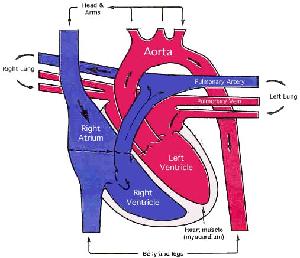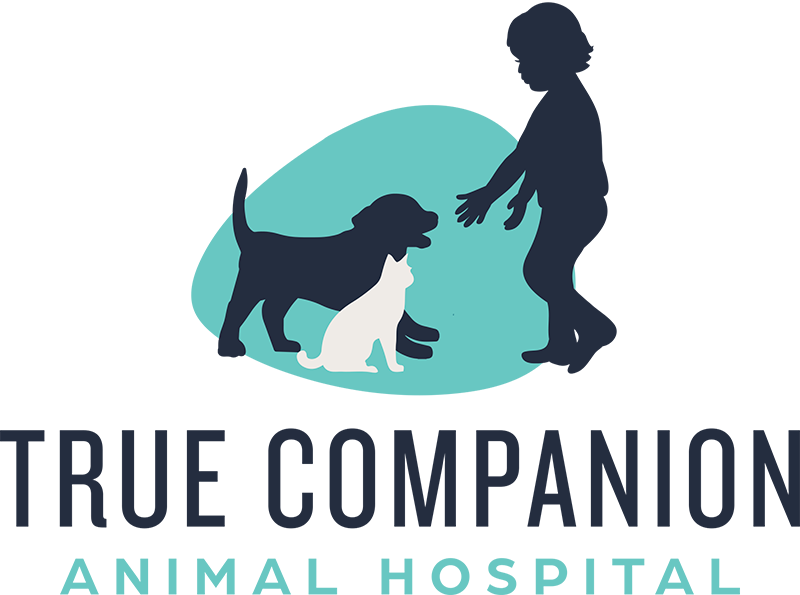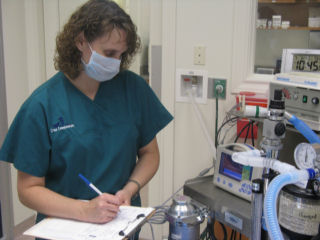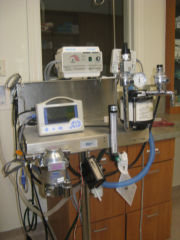Pet Anesthesia
When it comes to veterinary care, ensuring the safety and comfort of your pets during procedures involving anesthesia is a top priority.
Pet Anesthesia in Spring, TX
At True Companion Animal Hospital in Spring, TX, we provide comprehensive and compassionate pet anesthesia services tailored to the individual needs of each furry patient.
Pet Anesthesia
What strikes fear into the heart of a pet lover? In many cases, it is the thought of “anesthetic complications”!
Unfortunately, some pet lovers, have experienced or know someone who has experienced pet loss secondary to anesthesia. The very thought of taking this risk is so frightening to some people that they choose not to treat their dog for preventable conditions such as tooth decay or remove lumps that may be malignant. These diseases then prove to be a far greater risk to the pet’s life than anesthetic.
THE GOOD NEWS! Fortunately, the news is good! Modern drugs and anesthetic monitoring equipment have significantly reduced the chances of anesthetic complications.
Today’s anesthetic drugs are extremely safe and have a much lower complication rate than drugs of the past. When administered properly, even the oldest patients can usually be anesthetized safely and return home with no ill effect.
AGGRESSIVE MONITORING
The other good news is that veterinarians now recognize that the key to making anesthesia safe is to closely monitor the pet’s condition while under anesthesia. Through close monitoring, changes in your pet’s anesthetic condition can be identified immediately and addressed.
This is where we come in. By practicing progressive medicine and investing in quality monitoring and support equipment, as well as the training of our staff, we can reduce or eliminate this potential for complication. The key to making anesthesia safe is to combine the use of high-tech monitors and personal observation to monitor your pet’s vital signs. Changes in anesthetic depth and drops in blood pressure, body temperature, and blood oxygen levels can all be easily corrected if identified early.
The second step veterinarians can take to reduce the chance of anesthetic complications is identifying underlying disease BEFORE the anesthetic event whenever possible! Sometimes, a pet may have an underlying disease (such as kidney, liver, or heart disease) that causes the body to not handle the anesthesia well.
IDENTIFYING UNDERLYING DISEASE
A full physical exam combined with pre-operative blood screening can identify many underlying diseases that can increase anesthetic risk. However, the most dangerous underlying disease is heart disease. Suppose your veterinarian suspects heart disease based on the physical exam or your pet is of an age or a breed prone to heart disease. In that case, he will recommend a chest x-ray and echocardiogram (cardiac ultrasound) before proceeding to anesthesia. Unfortunately, in rare instances, heart disease cannot be identified on a physical and goes undetected. If the disease is severe enough, anesthetic death may result. Again, this is extremely rare.
If you are concerned about this in an older pet, a pre-anesthetic echocardiogram can be performed to identify potential heart disease.

If you have any questions about our services, please contact us today at (281) 363-8708.


